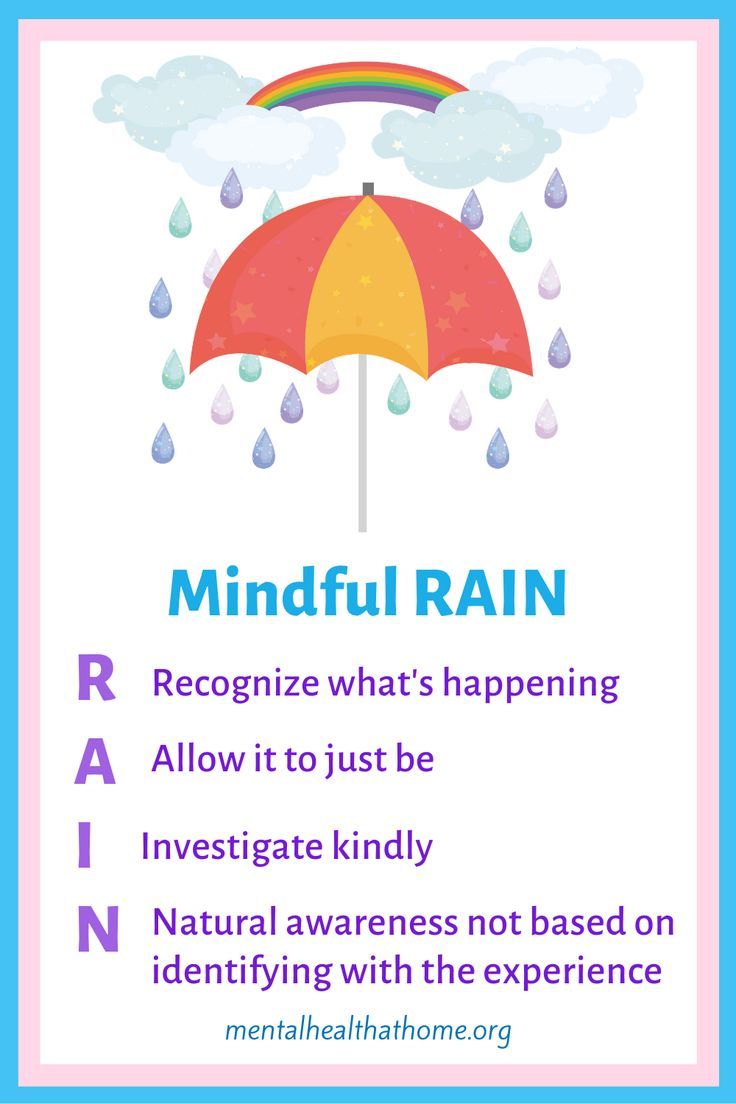5 Practical Steps To Increase Mental Health Acceptance In Your Community

Table of Contents
Educate Your Community about Mental Illness
Increase mental health acceptance starts with education. By dispelling myths and promoting mental health literacy, we can create a more informed and compassionate community.
Debunking Myths and Misconceptions
Many misconceptions surround mental illness, fueling stigma and preventing individuals from seeking help. Let's address some common myths:
- Myth: People with mental illness are violent. Fact: The vast majority of people with mental illness are not violent and are more likely to be victims of violence. Studies consistently show a correlation between untreated mental illness and violence, highlighting the importance of treatment and support.
- Myth: Mental illness is a character flaw. Fact: Mental illness is a medical condition, just like diabetes or heart disease. It's caused by a complex interplay of genetic, biological, psychological, and environmental factors.
- Myth: Mental illness is a sign of weakness. Fact: Mental illness is a health condition requiring support and treatment, not a character deficit. It takes courage and strength to seek help and manage a mental health condition.
Promote Mental Health Literacy
Educating your community about different mental health conditions, their symptoms, and available treatments is crucial. This involves:
- Organizing workshops and seminars led by mental health professionals.
- Making use of online courses and readily available information from reputable sources like the National Alliance on Mental Illness (NAMI).
- Distributing pamphlets and brochures using clear, concise language, avoiding jargon. Local health departments and mental health organizations are excellent resources for such materials.
- Partnering with local schools to integrate mental health education into curricula.
Organize Community Events to Raise Awareness
Engaging community events can significantly contribute to increasing mental health acceptance. These events should aim to create a safe and inclusive space for open dialogue and understanding.
Planning Engaging Activities
Consider the following event ideas:
- Mental Health Awareness Walks/Runs: These events offer a fun, physical activity while raising awareness and funds for mental health organizations.
- Film Screenings and Discussions: Show documentaries or films that depict mental health struggles realistically and sensitively, followed by discussions to encourage dialogue.
- Art Exhibitions and Creative Workshops: Art provides a powerful medium for expression and can help break down barriers and promote understanding.
- Guest Speaker Events: Invite mental health professionals, individuals with lived experience, and advocates to share their stories and insights.
Collaborate with Local Organizations
Partnering with local mental health organizations, schools, businesses, and community groups expands reach and impact. This collaboration can include:
- Joint fundraising initiatives.
- Shared resources and promotional materials.
- Cross-promotion of events and programs.
- Combined educational outreach efforts.
Promote Open and Honest Conversations about Mental Health
Starting open and honest conversations about mental health is paramount to improving mental health acceptance.
Starting the Dialogue
Here are some tips for initiating conversations:
- Use "I" statements to share your own experiences or concerns.
- Practice active listening and show empathy.
- Create a non-judgmental and supportive environment.
- Use open-ended questions to encourage sharing. Examples include, "How are you feeling today?", or "Is there anything I can do to support you?"
Utilizing Social Media and Online Platforms
Social media is a powerful tool for raising awareness and fostering conversations:
- Use relevant hashtags (#mentalhealth, #mentalhealthawareness, #endthestigma).
- Share personal stories (with consent) to humanize mental health struggles.
- Promote positive and hopeful messaging.
- Share resources and information about local support groups and services.
Support Local Mental Health Initiatives and Services
Supporting local mental health initiatives is crucial for fostering mental health acceptance. This involves both advocating for policy changes and offering direct support to organizations.
Advocating for Policy Changes
Contact your local representatives to advocate for:
- Increased funding for mental health services.
- Improved access to mental healthcare for all communities.
- Expansion of mental health services in schools and workplaces.
- Reduced barriers to care, such as insurance limitations.
Volunteering or Donating to Mental Health Organizations
Consider volunteering your time or donating to local mental health organizations. Your contributions can make a significant difference in the lives of those struggling with mental health challenges. Find local organizations through online searches or by contacting your local health department.
Lead by Example: Practice Self-Care and Promote Mental Wellbeing
Demonstrating self-care and prioritizing mental wellbeing sends a powerful message about the importance of mental health.
Prioritizing Mental Health
Prioritize your own self-care by:
- Engaging in regular exercise.
- Practicing mindfulness and relaxation techniques.
- Maintaining a healthy diet.
- Getting enough sleep.
Being a Supportive Community Member
Be an active listener, offer empathy, and provide support to those struggling with their mental health. Remember that simple acts of kindness and understanding can make a profound difference.
Conclusion
Implementing these five steps—educating your community, organizing awareness events, promoting open conversations, supporting local initiatives, and leading by example—is key to increasing mental health acceptance in your community. By actively working together, we can create a more inclusive and supportive environment where everyone feels comfortable seeking help and receiving the support they need. Start today by implementing one of these five steps to help improve mental health acceptance in your community. Together, we can foster a culture of understanding and support, ultimately leading to better mental health outcomes for all.

Featured Posts
-
 Daily Lotto Results 18th April 2025
May 02, 2025
Daily Lotto Results 18th April 2025
May 02, 2025 -
 Boost Your Sales Ponant Offers 1 500 Flight Credit For Paul Gauguin Cruises
May 02, 2025
Boost Your Sales Ponant Offers 1 500 Flight Credit For Paul Gauguin Cruises
May 02, 2025 -
 Englands Six Nations Triumph Dalys Late Show Decides Close Match Against France
May 02, 2025
Englands Six Nations Triumph Dalys Late Show Decides Close Match Against France
May 02, 2025 -
 Actress Daisy May Cooper Announces Engagement To Boyfriend Anthony Huggins
May 02, 2025
Actress Daisy May Cooper Announces Engagement To Boyfriend Anthony Huggins
May 02, 2025 -
 Investing In Childhood A Critical Investment In Future Generations Well Being
May 02, 2025
Investing In Childhood A Critical Investment In Future Generations Well Being
May 02, 2025
Latest Posts
-
 Frimpong Transfer Speculation And Elliotts Liverpool Status Latest News
May 02, 2025
Frimpong Transfer Speculation And Elliotts Liverpool Status Latest News
May 02, 2025 -
 Liverpool Fc News Frimpong Talks And Elliotts Transfer Future
May 02, 2025
Liverpool Fc News Frimpong Talks And Elliotts Transfer Future
May 02, 2025 -
 Manchester Uniteds Transfer Problems Souness Weighs In
May 02, 2025
Manchester Uniteds Transfer Problems Souness Weighs In
May 02, 2025 -
 The Souness Verdict Manchester Uniteds Transfer Failure
May 02, 2025
The Souness Verdict Manchester Uniteds Transfer Failure
May 02, 2025 -
 Manchester United Transfer Blunder Sounesss Scathing Critique
May 02, 2025
Manchester United Transfer Blunder Sounesss Scathing Critique
May 02, 2025
